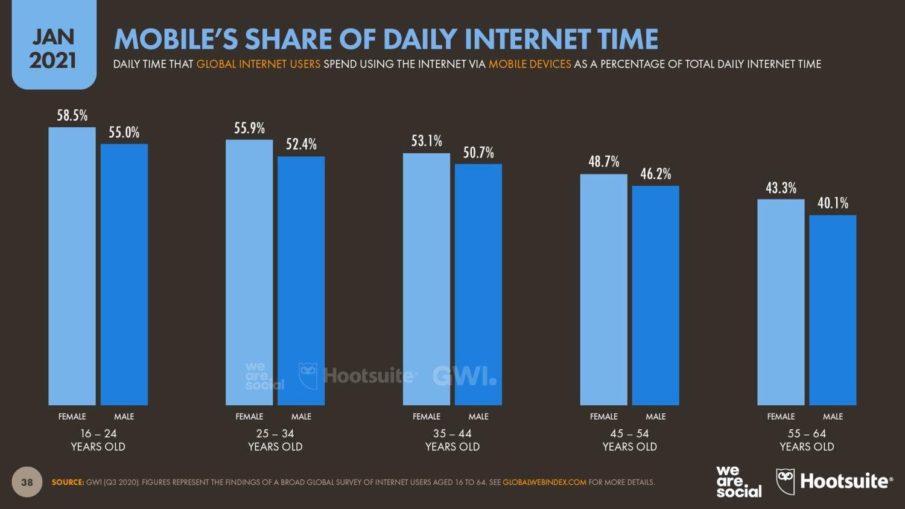I’m currently a student here at FCC, taking stress management this semester. In this class, I have learned many things from mindfulness to the psychology behind stress to different relaxation techniques. Two things I have learned from this class that are very important in this day and age are technostress and sleep hygiene.
As stated by Professor Courtney Scott, who teaches stress management at FCC, “Both technostress and poor sleep hygiene usually are increased by lifestyle behaviors (social media use, when we use our devices, impact of these behaviors on our natural hormone balance, caffeine intake, etc.) so it is important for people, especially college students, to know which behaviors negatively impact us and can then make conscious choices about our behaviors.”
More and more we are on our devices. I know that my screen time has gone up drastically due to quarantining. We are watching more television, on social media more and streaming more. Being on our devices for longer periods of time comes with more technostress.
What is technostress? According to the book “Managing Stress: Principles and Strategies for Health and Well-Being, Ninth Edition,” technostress is defined as, “a term used to define the result of a fast-paced life dependent on various means of technology, including computers, cell phones/smartphones, personal digital assistants, texting, and email — all of which were supposed to give people more leisure time.”
Many factors contribute to technostress. Some examples are privacy concerns, less family time, Wi-Fi stress, cyberbullying, anxiety about being alone, FOMO (fear of missing out), and stress from responding to emails or text messages. Another big factor that contributes to technostress is the expectation of immediate gratification with communication response. Many people have become addicted to their devices and use them constantly.
It is important to know what sleep hygiene is and what can affect it, especially if you are having trouble falling asleep at night.
“Managing Stress” defines sleep hygiene as “factors that affect one’s quality of sleep, from hormonal changes and shift work to excessive caffeine intake.”
Factors that affect sleep hygiene are hormonal changes, caffeine or alcohol intake, medications, little to no exercise, device use, video games, shift work, and all-nighters or jet lag.
According to Southern New Hampshire University, college students should be getting between 6 to 10 hours of sleep, but on average only get about 6 hours. Not getting enough sleep can cause numerous mental and physical issues.
FCC Professor Courtney Scott says, “Sleep hygiene is an important factor in our overall well-being because of the impact the quality of sleep has on the functioning of our physical system which in turn impacts the other aspects of our wellness (mental, emotional, etc.).”
If you are experiencing technostress or have poor sleep hygiene, there are ways to decrease them. Keeping devices out of the bedroom, limiting device use at least an hour before going to sleep, taking breaks while on social media or using devices, and using blue light filters. Other aspects that can decrease the cycle of technostress and poor sleep hygiene include a regular sleep schedule, diet and exercise will have an impact as well.
We live in an age of sensory bombardment and information overload. Especially now due to COVID-19 and having to quarantine, we are on our devices more than ever which can lead to sensory bombardment and information overload quicker than ever. Both cause technostress.
Do you think you have experienced sensory bombardment or information overload? Sensory bombardment can cause us to burn out and have feelings of frustration or anger. An example of information overload would be the constant anticipation of social media messages and when our smartphones distract us from what is right in front of us.

